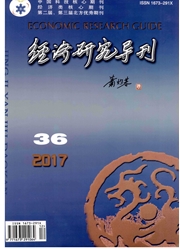
欢迎您!东篱公司
退出

 中文摘要:
中文摘要:
本研究运用言语行为理论作为解释框架,对医生和患者会话中的言语行为进行分类比较与分析,进而揭示医院门诊医患会话中的权势关系。研究表明,在门诊医患会话交际中会呈现出一种权势关系,这种权势关系往往是不对等的。医生常用发问、阐述、指令类言语行为来询问患者或诊断病情,通过履行自己的职责来体现权势的优越性,而处于权力弱势地位的患者却以应答、陈述、表达类言语行为来回应医生,以表示顺从与尊敬。
 英文摘要:
英文摘要:
Within the framework of Speech Act Theory,this study examines the transcribed doctor-patient dialogues by using conversation analysis.The power asymmetry in clinical discourse is disclosed through the analysis and comparison of five speech acts in D-P interactions.It proves that the doctor is usually inclined to use questioning,statements,and directives to exercise their powers while the patient prefers to show their respect and compliance by adopting the acts of answer,statement and expressive.
 同期刊论文项目
同期刊论文项目
 同项目期刊论文
同项目期刊论文
 期刊信息
期刊信息
